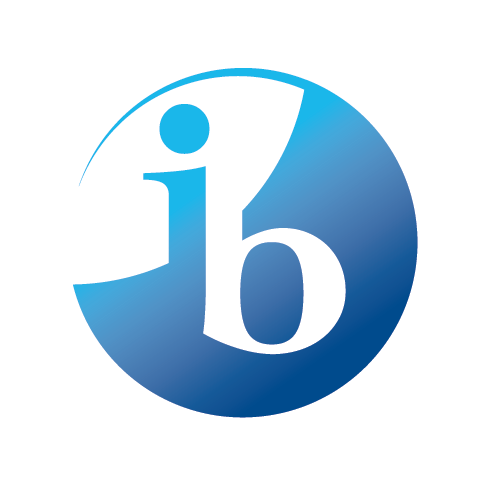The Six Global Contexts are:
- Identities & Relationships
- Orientation in Time and Space
- Personal & Cultural Expression
- Scientific & Technical Innovation
- Globalization & Sustainability
- Fairness & Development
Teaching and learning in the MYP involves understanding concepts in context. All effective learning is contextual. A learning context is a specific setting, event or set of circumstances, designed or chosen, to stimulate learning. Learning that occurs out of context (that has no relationship to the learner, the learner’s interests and identity, or the learner’s future) is often shallow and short-term in character. In the MYP, learning contexts should be (or should model) authentic world settings, events and circumstances.
| Global Contexts | |
| Identities & Relationships | Who am I? Who are we? Students will explore identity; beliefs and values; personal, physical, mental, social and spiritual health; human relationships including families, friends, communities and cultures; what it means to be human. |
| Orientation in Time and Space | What is the meaning of “when” and “where”? Students will explore personal histories; homes and journeys; turning points in humankind; discoveries; explorations and migrations of humankind; the relationships between, and the interconnectedness of, individuals and civilizations, from personal, local and global perspectives. |
| Personal & Cultural Expression | What is the nature and purpose of creative expression? Students will explore the ways in which we discover and express ideas, feelings, nature, culture, beliefs and values; the ways in which we reflect on, extend and enjoy our creativity; our appreciation of the aesthetic. |
| Globalization & Sustainability | How is everything connected? Students will explore the interconnectedness of human-made systems and communities; the relationship between local and global processes; how local experiences mediate the global; reflect on the opportunities and tensions provided by world interconnectedness; the impact of decision-making on humankind and the environment. |
| Fairness & Development | What are the consequences of our common humanity? Students will explore rights and responsibilities; the relationship between communities; sharing finite resources with other people and with other living things; access to equal opportunities; peace and conflict resolution. |
| Scientific & Technical Innovation | How do we understand the worlds in which we live? Students will explore the natural world and its laws; the interaction between people and the natural world; how humans use their understanding of scientific principles; the impact of scientific and technological advances on communities and environments; the impact of environments on human activity; how humans adapt environments to their needs. |
The global contexts developed through MYP: The next chapter provide possible directions for contextual learning in MYP schools through issues and ideas of personal, local and global significance. The MYP global contexts that will be presented to schools represent a development of the PYP transdisciplinary themes. However, most importantly, when teachers select a global context statement (from MYP: From principles into practice), or create their own, they are answering the question “why?”. What is the purpose of the inquiry? Why is this concept important and relevant for students?



